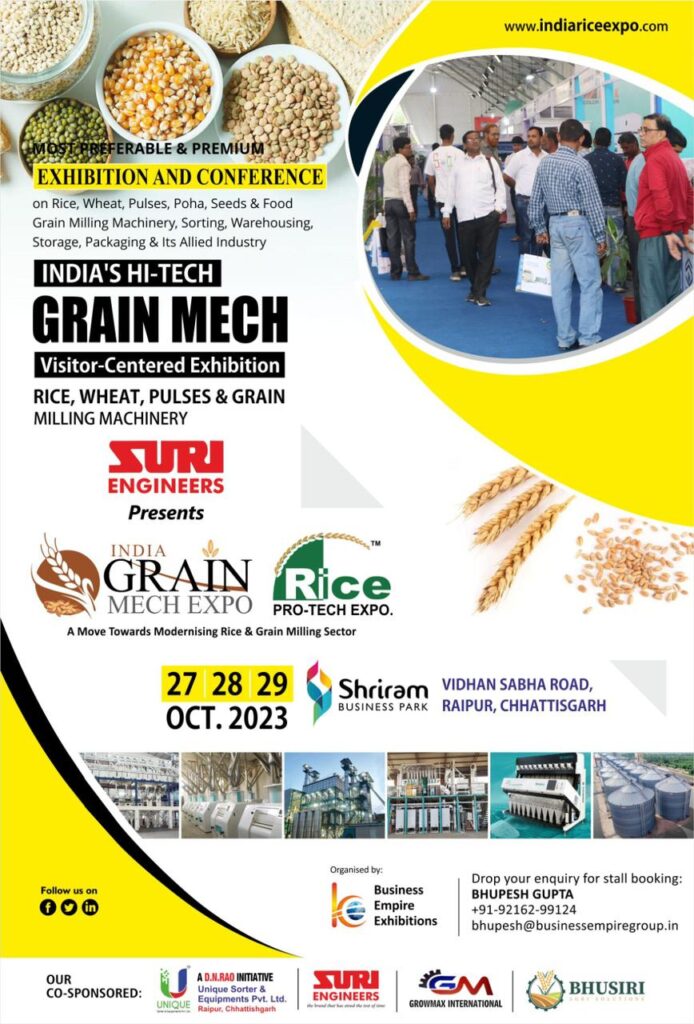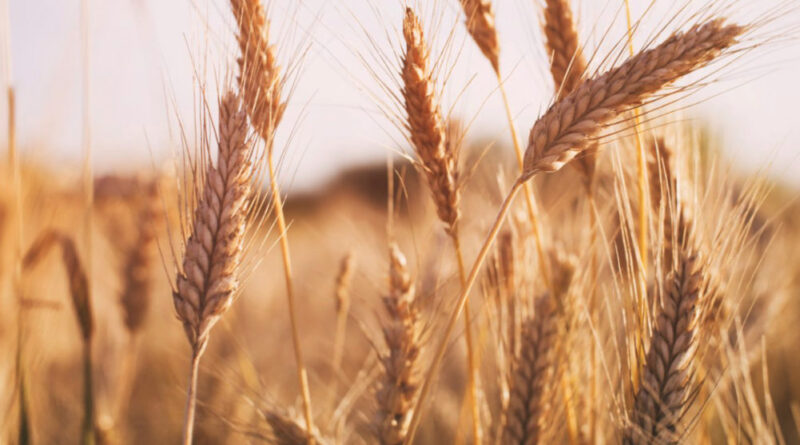‘No proof our wheat exports harming others’
India has told the World Trade Organization (WTO) that there is no evidence that its wheat exports were harming the food security of other countries or distorting trade.
At an agriculture negotiation meeting on Thursday, New Delhi said that the global trade body’s 13th Ministerial Conference next year should centre around a food security package, with a solution for public stockholding at its core.
‘India said that gone are the days when we were the discipline taker and had no knowledge and wisdom to talk about a subject that concerns us,’ said a Geneva-based official. India’s statement comes ahead of a senior officials meet of the 164 members of the WTO on October 23-24 which would provide political direction to negotiators for MC13. ‘India also asked some members to set aside arrogance by denying its way of contributing to food security in its own country and others,’ the official said.
At the meeting, New Delhi said that it has never been a wheat importer but managed to provide its neighbors with around 200 tonnes of wheat in 2020-2021 during the Covid-19 pandemic.
‘India said there is no evidence from challengers that its wheat exports were either harming the food security of other countries or distorting trade,’ the official said.

India’s ask for a food security package has found support from around 80 countries including China, South Africa, G33 and the African Group who emphasized the urgency of delivering a permanent solution on public stockholding at MC13. Public stockholding is a policy tool used by governments to purchase, stockpile and distribute food when needed. Developing countries’ food subsidies are protected by an interim peace clause, which shields food procurement programmes against action from WTO members in case the subsidy ceilings-10% of value of food production in the case of India and other developing countries-are breached.
As per the official, the EU reiterated its support for India and the proponents’ attempt to find a permanent solution to the public stockholding issue.
This article has been republished from The Economic Times

